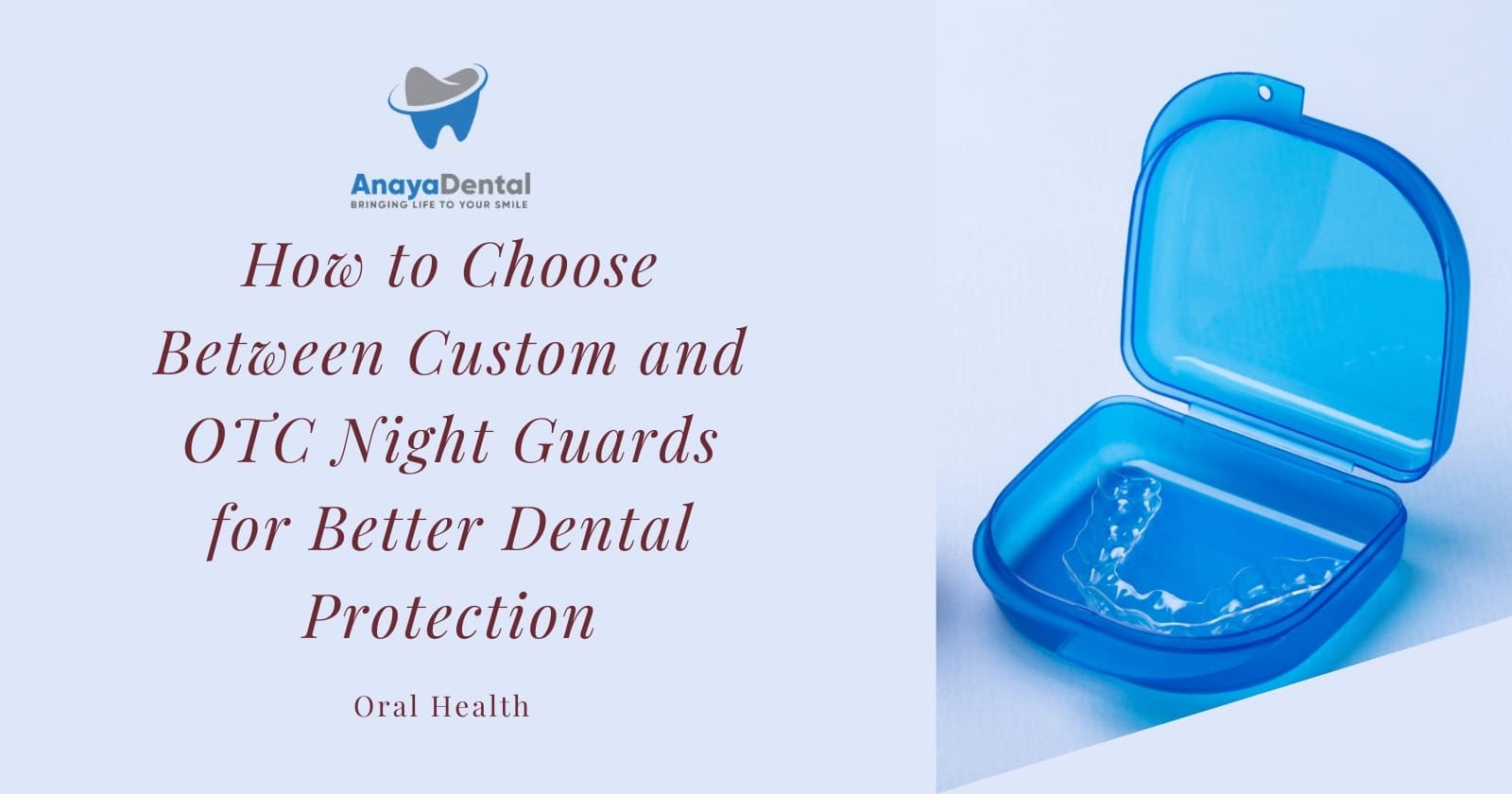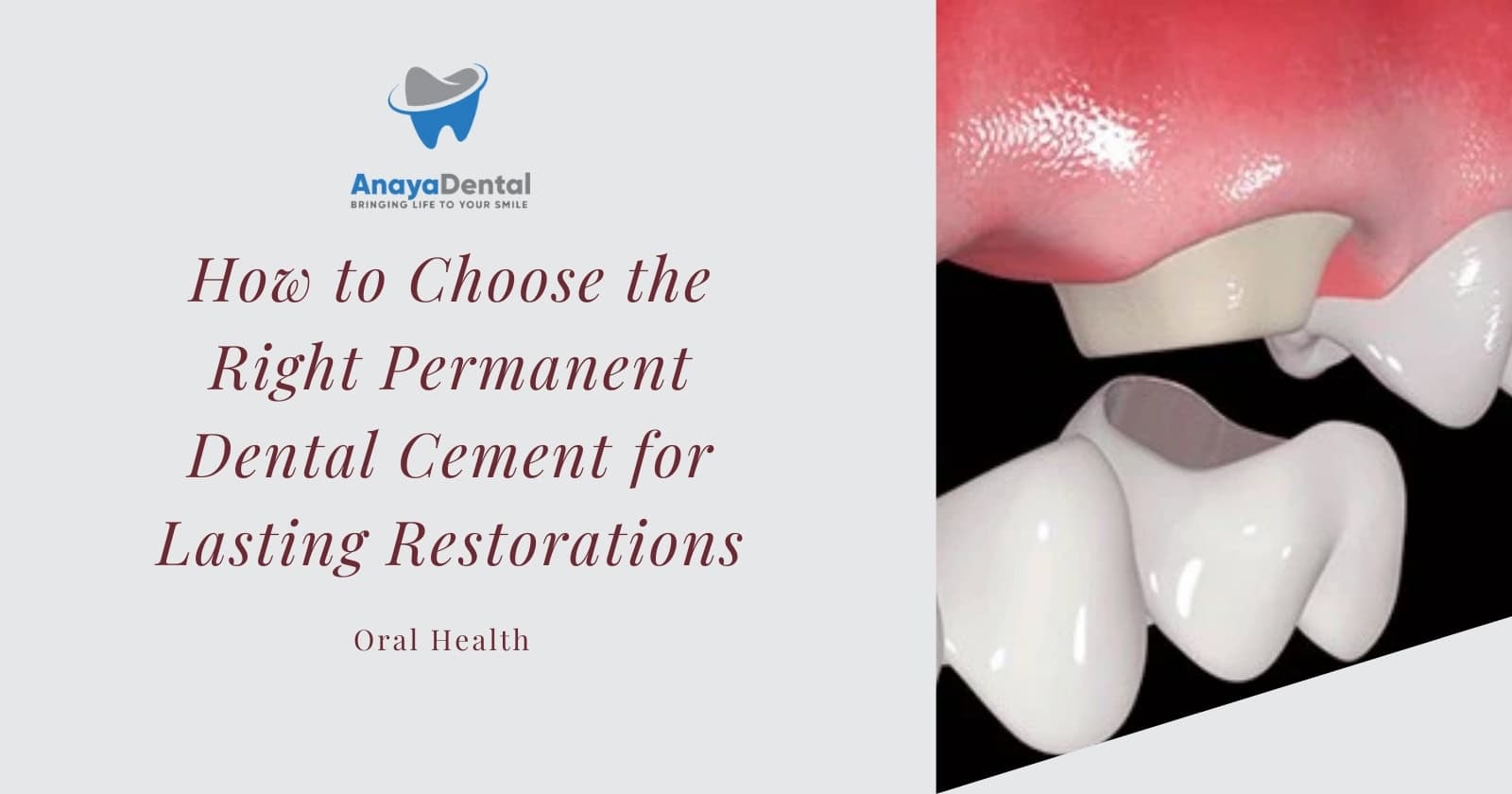Facing wisdom teeth removal can be a nerve-wracking experience, especially if you’re prone to dental anxiety. The thought of surgery, anesthesia, and post-operative discomfort can make even the bravest individuals feel uneasy. However, with the right preparation and mindset, you can significantly reduce stress and navigate the procedure with confidence. In this guide, we’ll explore effective strategies to manage wisdom teeth removal anxiety, from mental relaxation techniques to practical pre-surgery preparations, ensuring a smoother and more comfortable experience.
Here are some tips to help cope with wisdom teeth removal anxiety:
Feeling anxious about wisdom teeth removal is completely normal, but there are several ways to ease your nerves. By incorporating relaxation techniques, seeking support, and staying informed, you can approach the procedure with greater confidence and calmness. You can follow these tips to handle your anxiety while tooth removal:
Try Journaling, Exercising, or Listening to Music
Journaling, exercising, and listening to music are powerful tools to help calm your nerves before undergoing wisdom teeth removal. Writing down your thoughts can provide a sense of relief, helping you express and process your fears. Regular exercise, such as walking or yoga, releases endorphins, which naturally reduce stress and anxiety. Additionally, music has been scientifically proven to lower stress levels and promote relaxation. Creating a calming playlist with your favorite soothing tunes can be an excellent way to distract yourself from pre-surgery worries and keep your mind at ease.
Try Our Dental Calculators
Consider Sedation Options Such as Laughing Gas or IV Sedation
For those with severe dental anxiety, sedation options like laughing gas (nitrous oxide) or intravenous (IV) sedation can be a game-changer. Laughing gas helps you feel relaxed and at ease while remaining conscious throughout the procedure. IV sedation, on the other hand, puts you in a sleep-like state, making you unaware of the surgery as it happens. Discussing these options with your oral surgeon in advance can help you choose the best sedation method for your comfort level, ensuring a stress-free and pain-free experience during the extraction.
Educate Yourself About the Procedure
Knowledge is power, and understanding what to expect can greatly reduce anxiety. Research the wisdom teeth removal process, watch informative videos from reputable sources, and ask your dentist or oral surgeon any questions you may have. Knowing the steps involved, the estimated recovery time, and how anesthesia works can help alleviate fear of the unknown. When you’re well-informed, you’ll feel more in control and prepared for the procedure, reducing any unnecessary stress or misconceptions.
Set a Timer and Stick to It
If you tend to overthink or dwell on upcoming procedures, setting a timer for how long you allow yourself to worry can be a helpful technique. For example, give yourself 10–15 minutes each day to acknowledge your anxiety, think about your concerns, and then move on. This method prevents excessive rumination and helps you focus on more productive and positive activities. Sticking to a strict time limit on worrying can train your brain to avoid overanalyzing the situation and instead focus on the steps you can take to feel more comfortable.
Find Something That Calms You
Everyone has different ways of coping with anxiety, so it’s important to find what works best for you. This could be deep breathing exercises, meditation, reading a book, watching a favorite movie, or engaging in a creative hobby like painting or knitting. These activities can help take your mind off the upcoming procedure and keep you in a relaxed state. Experiment with different calming techniques and incorporate them into your daily routine leading up to your surgery for maximum stress relief.
Take an Anti-Anxiety Medication
If your dental anxiety is severe, consulting your doctor about taking anti-anxiety medication before the procedure may be a good option. Many oral surgeons allow patients to take mild sedatives like benzodiazepines (such as Valium or Xanax) before the surgery to help them stay calm. However, it’s essential to discuss this option with your dentist or physician to ensure it’s safe for you based on your medical history. Taking a prescribed anti-anxiety medication can significantly ease your nerves and make the experience much more manageable.
Confide in a Loved One Who Understands Your Fear
Talking to a trusted friend or family member about your fears can be incredibly comforting. Sometimes, simply voicing your concerns out loud can make them feel less overwhelming. If possible, have a loved one accompany you to your appointment for moral support. They can help distract you, provide reassurance, and keep you feeling safe before and after the procedure. Knowing that someone who understands your anxiety is there for you can make a significant difference in how you handle the experience.
Know the Reason(s) Behind the Extraction
Understanding why your wisdom teeth need to be removed can help put your mind at ease. Whether it’s due to impaction, overcrowding, infection risk, or other dental complications, knowing the medical reasoning behind the procedure can provide a sense of clarity. Speak with your dentist about why extraction is necessary and how it will benefit your oral health in the long run. This knowledge can shift your mindset from fear to acceptance, making the process feel more purposeful and necessary rather than something to dread.
Recognize Dental Anxiety and Communicate with Your Dentist
If you experience dental anxiety, don’t hesitate to let your dentist or oral surgeon know. They are trained to handle anxious patients and can offer additional comfort measures, such as explaining each step during the procedure, adjusting sedation options, or allowing breaks if needed. Open communication with your dental team ensures they are aware of your fears and can tailor the experience to make you as comfortable as possible. A supportive and understanding dental professional can significantly ease your anxiety and provide reassurance throughout the process.
Final Thoughts
Wisdom teeth removal doesn’t have to be a stressful experience. By implementing these coping strategies—such as relaxation techniques, sedation options, and open communication—you can make the process much more manageable. Remember that you’re not alone in your fears, and many people successfully undergo this procedure with minimal discomfort. Prioritizing self-care, seeking support, and staying informed will help you approach the surgery with confidence and peace of mind.








